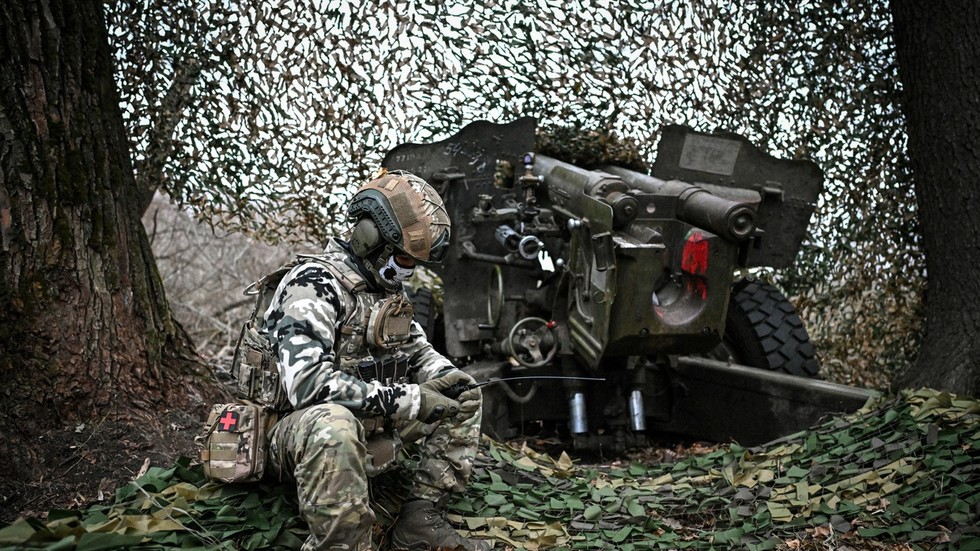The Shenandoah County School Board in the southeastern US state of Virginia voted 5-1 on Friday to restore the names of a high school and and elementary school in the district, overturning a 2020 decision taken by the prior board.
Mountain View High School and Honey Run Elementary School will now bear their original names — Stonewall Jackson High School and Ashby Lee Elementary School.
The names refer to three of the most famous military leaders of the pro-slavery Confederate South during the US Civil War: Thomas J. "Stonewall" Jackson, an infantry general; Turner Ashby, a calvary commander; and Robert E. Lee, commander of the Army of North Virginia and ultimately of the Confederate States Army.
All three men were native Virginians and remain popular to this day among the state's white population.
First name change was prompted by racial justice movement Black Lives Matter
The 2020 name change had been prompted by a public reckoning with white supremacist symbolism in the South after the murder of George Floyd by Minneapolis police in the northern state of Minnesota that same year.
The racial component of the repeated killings of Blacks at the hands of police sparked the Black Lives Matter protest movement and eventually led to the removal of monuments to Confederate leaders across the South, as well as the removal of their names from public institutions.
More than 60 schools changed their names at the time, Shenandoah County has now become the first to turn back the clock to honor men whom the conservative Coalition for Better Schools — the group behind the initiative to overturn the 2020 decision — calls "heroes."
Restoration of 'heroes' who fought in US Civil War to uphold institution of slavery
In arguing for their pursuit of the initiative, board members — who were voted into their posts in 2023 — said the prior decision had ignored due process and popular sentiment in the district.
Proponents claimed the return to the old names was an important confirmation of the "cultural significance" and "historical context" of the institutions and "essential to honor our community's heritage."
 Those opposed to the measure say proponents are seeking to sanitize the scourge of racism in US history at the expense of minoritiesImage: Evelyn Hockstein/REUTERS
Those opposed to the measure say proponents are seeking to sanitize the scourge of racism in US history at the expense of minoritiesImage: Evelyn Hockstein/REUTERSThose opposed to the measure accused proponents of seeking to restore a white supremacist ideology by propagating the "Lost Cause" myth of the Confederacy and sanitizing the fact that the Civil War was fought to uphold the rights of whites to own Black people as property.
One board member in favor of the restoration, Gloria Carlineo, accused opponents of, "bringing racism and prejudice into everything."
Another individual addressing board members during the open comment segment of the meeting said, "I ask that when you cast your vote, you remember that Stonewall Jackson and others fighting on the side of the Confederacy in this area were intent on protecting and preserving the land, the buildings and the lives of those under attack."
Many Confederate names originally put in place to affirm racial repression
Many Confederate monuments and dedications across the South were not erected until the late 19th and early-to-mid-twentieth century, during a time of institutionalized racial discrimination and segregation known as the Jim Crow era — which did not legally end until the passage of the Civil Rights Act of 1964 — 99 years after the end of the Civil War.
 Black people were denied equal rights in the US until nearly a century after the end of the Civil WarImage: William Lovelace/Express/Getty Images
Black people were denied equal rights in the US until nearly a century after the end of the Civil WarImage: William Lovelace/Express/Getty ImagesStonewall Jackson High School, for instance, was dedicated in 1959, when it was a "whites only" school and while Southern politicians, including those in Virginia, vehemently refused to comply with racial integration measures set out in the landmark 1954 US Supreme Court decision Brown vs. Board of Education of Topeka, Kansas, which ruled that racial segregation in schools was a violation of the 14th Amendment to the US Constitution.
Shenandoah County, a rural district of some 45,000 residents, is situated roughly 150 miles (240 kilometers) northwest of the state capital Richmond — which was also the capital of the Confederacy. It is overwhelmingly white and Republican. According to the 2020 US census, only 3% of the district's population is Black.
School boards across the US, especially in southern states like Virginia and Florida, have become the site of heated debates over a number of social issues during the past several election cycles, many fueled by anonymous outside groups. The teaching of history, notably as it relates to race in the US, is among the most hotly contested of these.
Florida, for instance, has banned the teaching of certain aspects of America's racial history in public schools.
Friday's decision in Shenandoah County could signal a sea change, prompting other school districts to reconsider prior changes as these relate to their "Southern heritage."
US debate over Confederate statues heats up
js/ab (AP, Reuters)

 5 months ago
26
5 months ago
26









